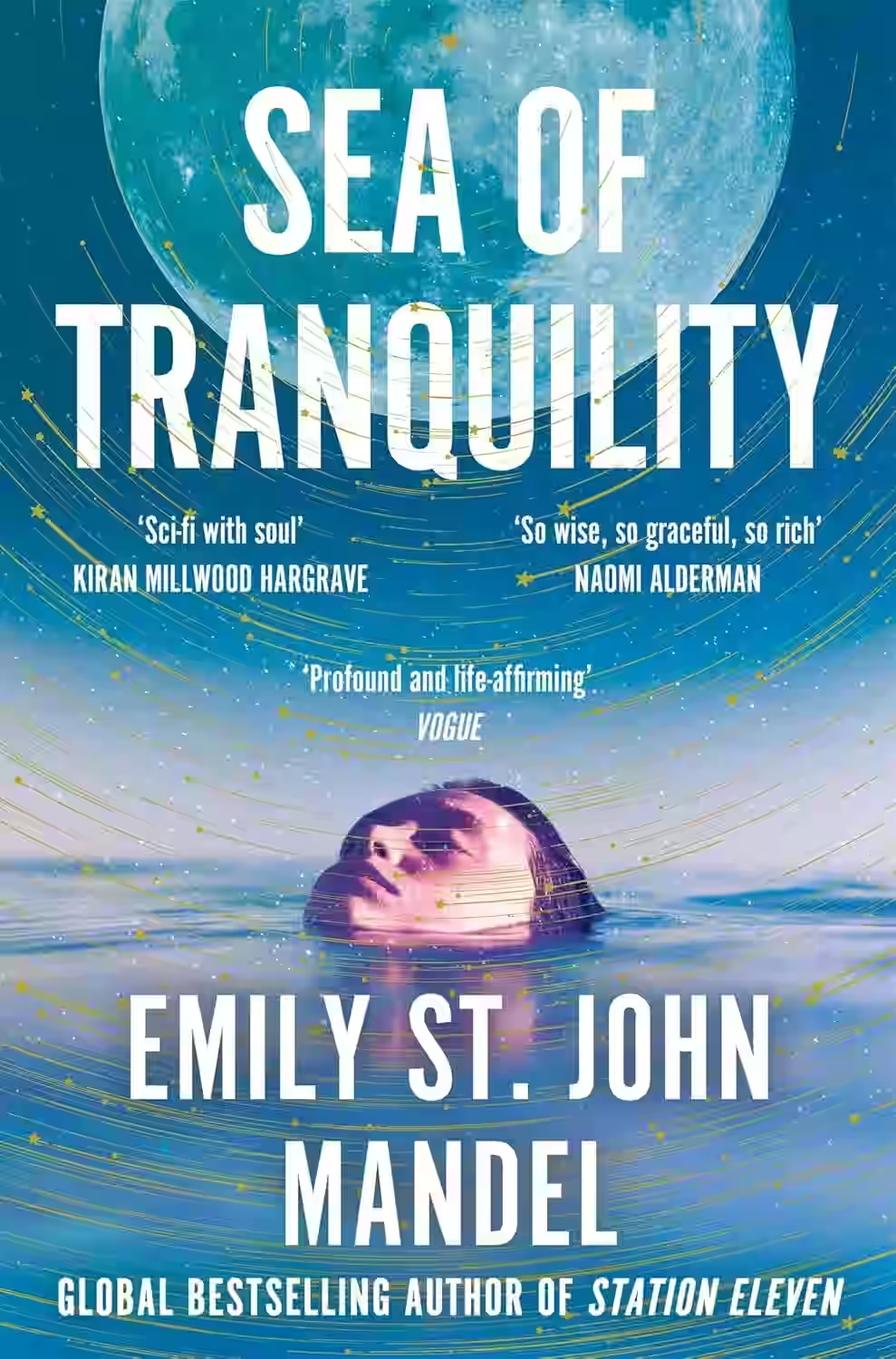
This evocative passage introduces a multi-layered narrative spanning centuries and locations, from the 19th-century Canadian wilderness to a future moon colony and a "Night City." Edwin St. Andrew's mysterious experience with the violin in the airship terminal sets a strange, unsettling tone. Two centuries later, author Olive Llewellyn unknowingly echoes this event in her pandemic novel, hinting at a deeper connection. Detective Gaspery-Jacques Roberts' investigation into a wilderness anomaly promises to unravel the threads linking these disparate lives and the unsettling possibility of timeline disruption. The blend of historical exile, futuristic settings, and a central, unexplained event creates an intriguing premise.
About Emily St. John Mandel
A Canadian author known for her speculative fiction that often explores themes of memory, time, and the interconnectedness of human experience. Her acclaimed novel, Station Eleven, depicts a post-apocalyptic world with a focus on art, culture, and the resilience of the human spirit. Mandel's elegant prose and thought-provoking narratives have earned her critical praise and a wide readership.
Other Books by Emily St. John Mandel
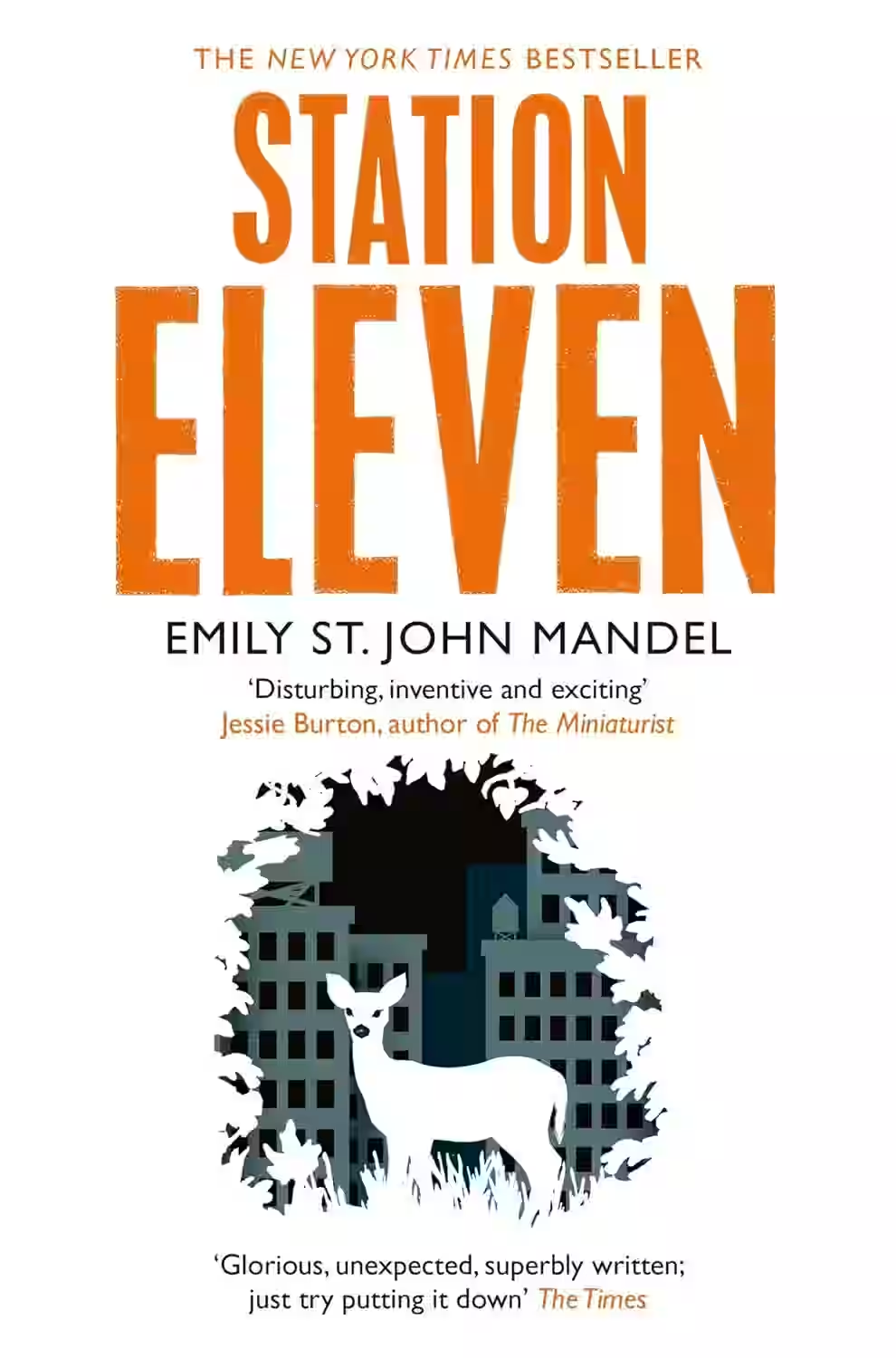
Station Eleven
Station Eleven by Emily St. John Mandel is a haunting and beautifully written novel set in the aftermath of a devastating pandemic. It weaves together the lives of a Hollywood actor, a nomadic group of performers, and survivors clinging to remnants of the old world. Spanning decades and shifting between past and future, the story explores memory, art, and human connection in the face of collapse. As the Traveling Symphony brings Shakespeare to scattered settlements, Mandel examines what remains when everything else is lost. A moving, literary tale of resilience and the enduring power of storytelling.
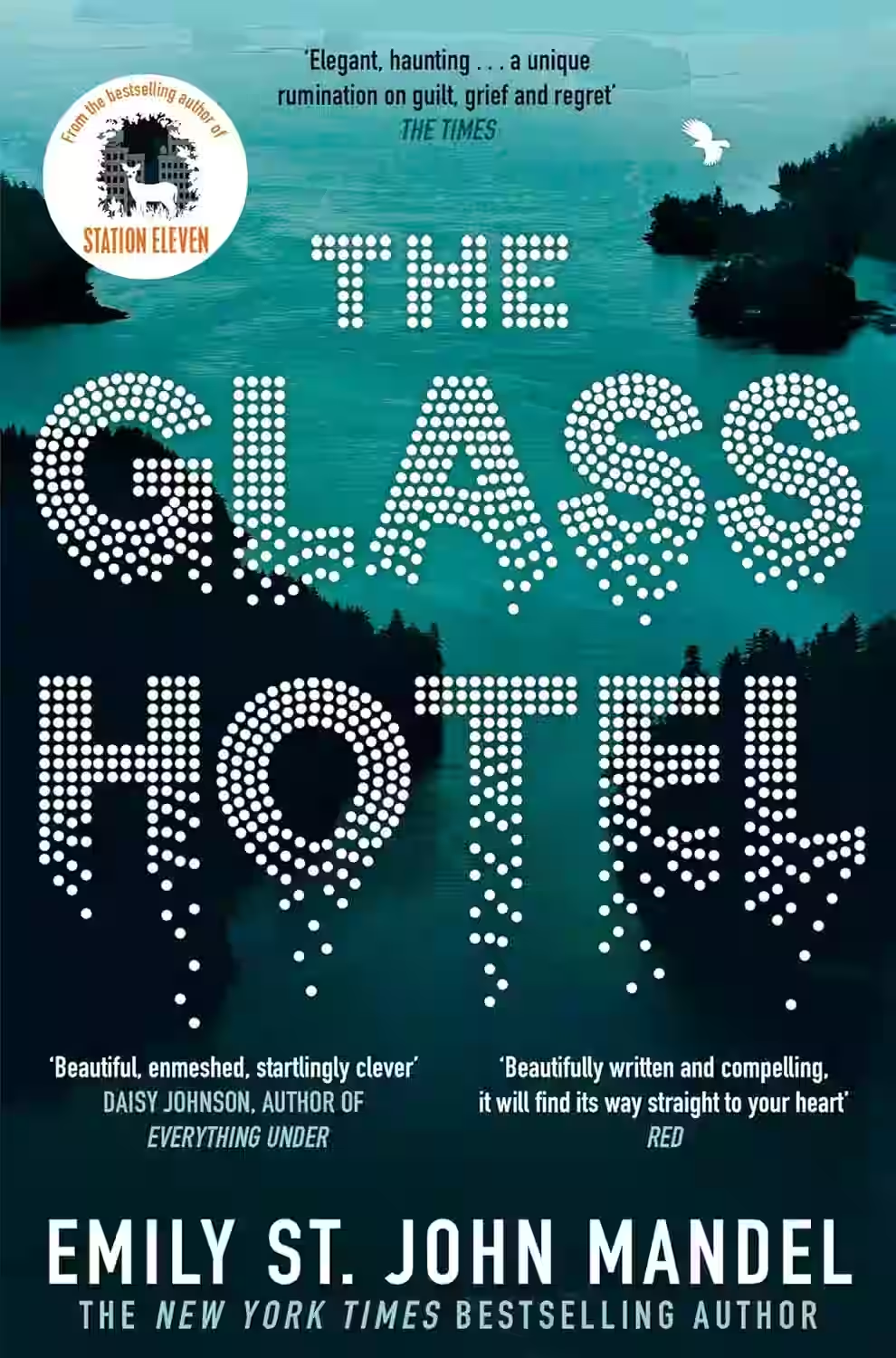
The Glass Hotel
Vincent is the beautiful bartender at the Hotel Caiette, a five-star glass-and-cedar palace on the northernmost tip of Vancouver Island. New York financier Jonathan Alkaitis owns the hotel. When he passes Vincent his card with a tip, it's the beginning of their life together. That same day, a hooded figure scrawls a note on the windowed wall of the hotel: 'Why don't you swallow broken glass.' Leon Prevant, a shipping executive for a company called Neptune-Avramidis, sees the note from the hotel bar and is shaken to his core. Thirteen years later Vincent mysteriously disappears from the deck of a Neptune-Avramidis ship. Weaving together the lives of these characters, Emily St. John Mandel's The Glass Hotel moves between the ship, the towers of Manhattan, and the wilderness of remote British Columbia, painting a breathtaking picture of greed and guilt, fantasy and delusion, art and the ghosts of our pasts.
Similar Books
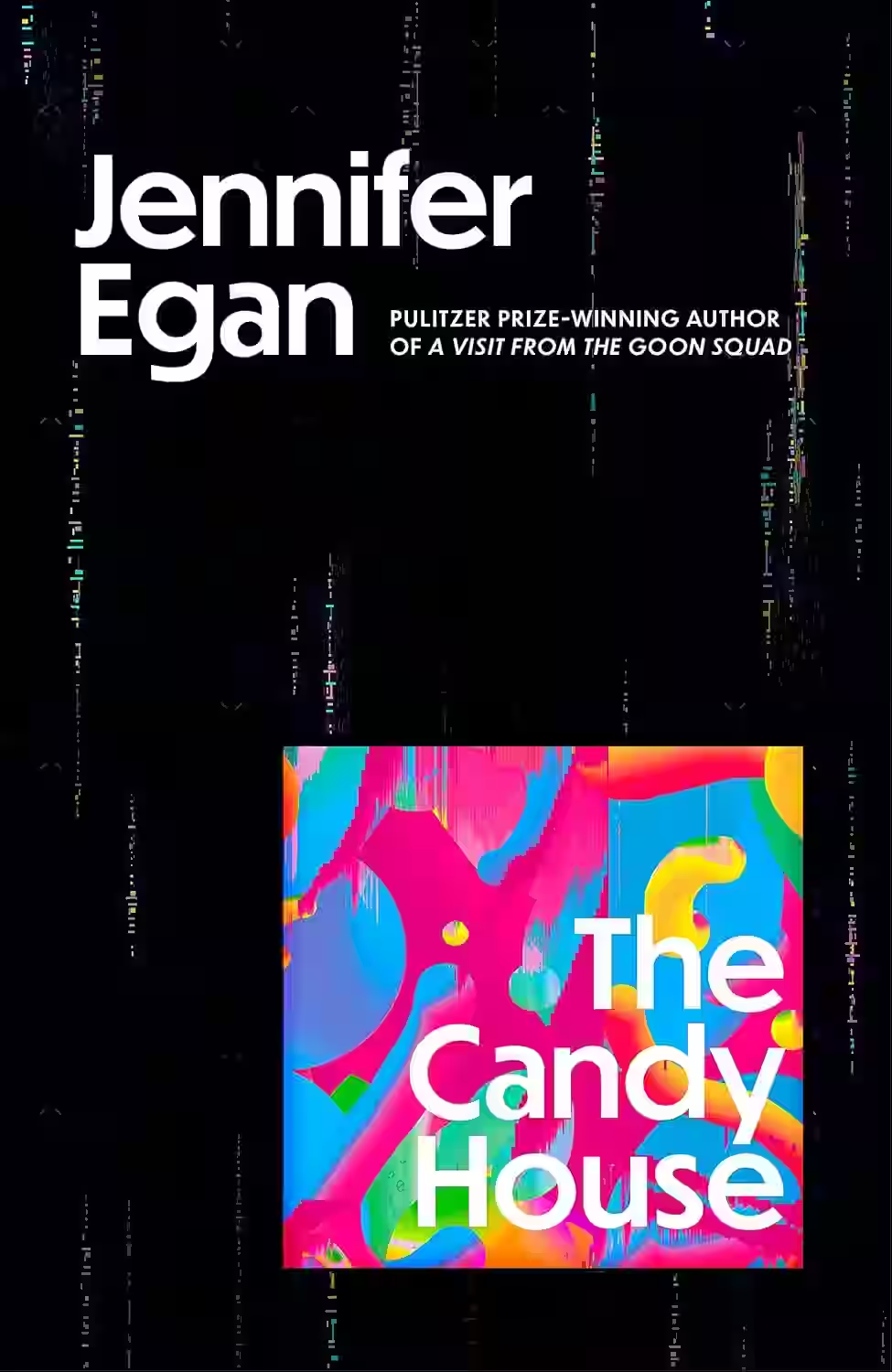
The Candy House
Jennifer Egan's inventive sequel to "A Visit from the Goon Squad" explores the evolution of technology and its impact on human connection through interconnected narratives and experimental structures. It delves into themes of memory, consciousness, and the allure and potential pitfalls of shared digital experiences, showcasing Egan's signature stylistic innovation.
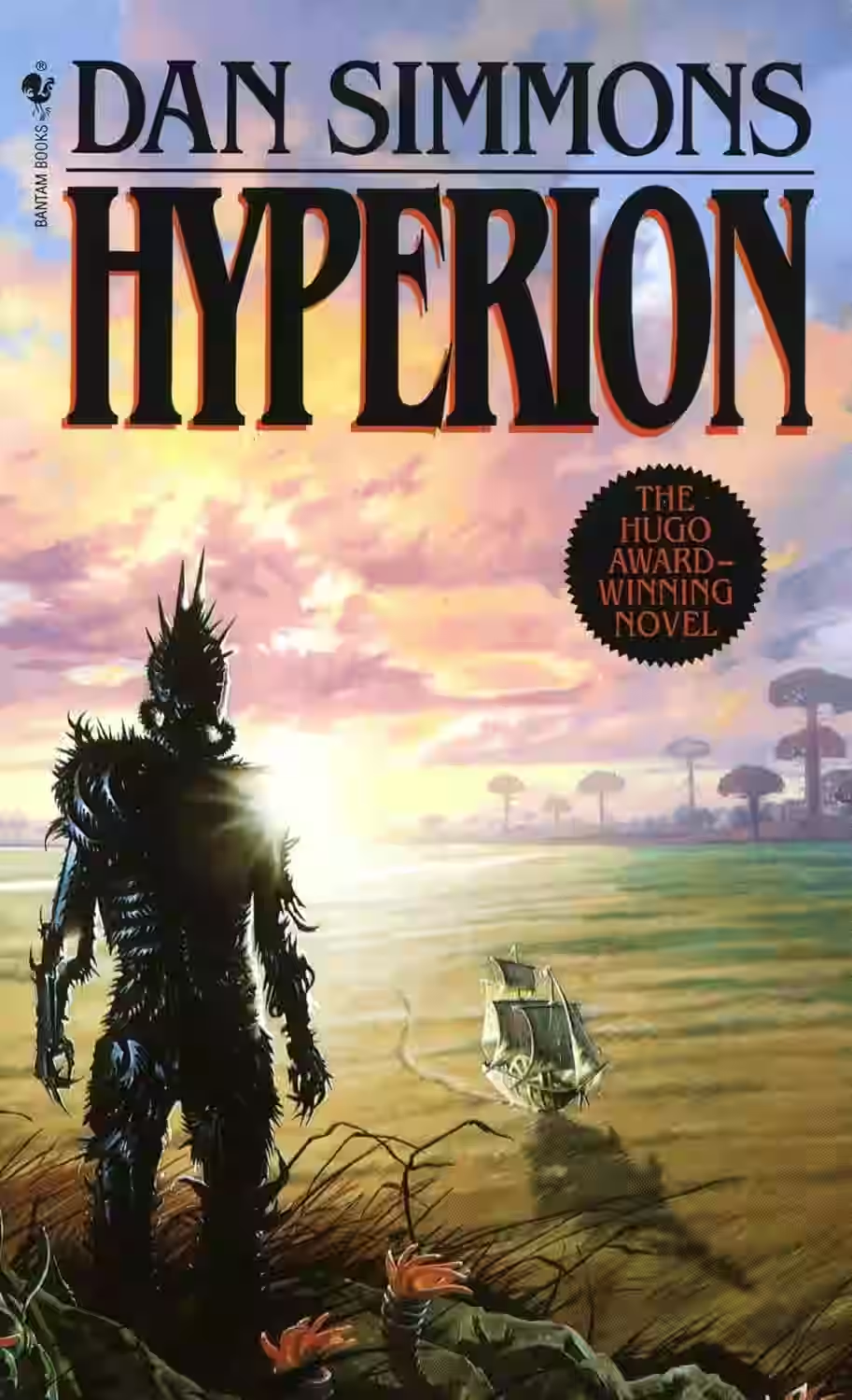
Hyperion
by Dan Simmons
Series: Hyperion Cantos (#1)
Dan Simmons' 'Hyperion' is a gripping science fiction masterpiece that weaves together elements of space opera, time travel, and philosophical inquiry. Set in a distant future where humanity has spread across the galaxy, the novel follows seven pilgrims on a harrowing journey to the enigmatic world of Hyperion, each with a tale to tell that adds layers to the rich tapestry of the narrative. As they navigate the perils of the Shrike, a terrifying entity lurking on Hyperion, they confront questions of identity, destiny, and the nature of consciousness. With its intricate world-building, complex characters, and thought-provoking exploration of existential themes, 'Hyperion' is a must-read for fans of cerebral science fiction.
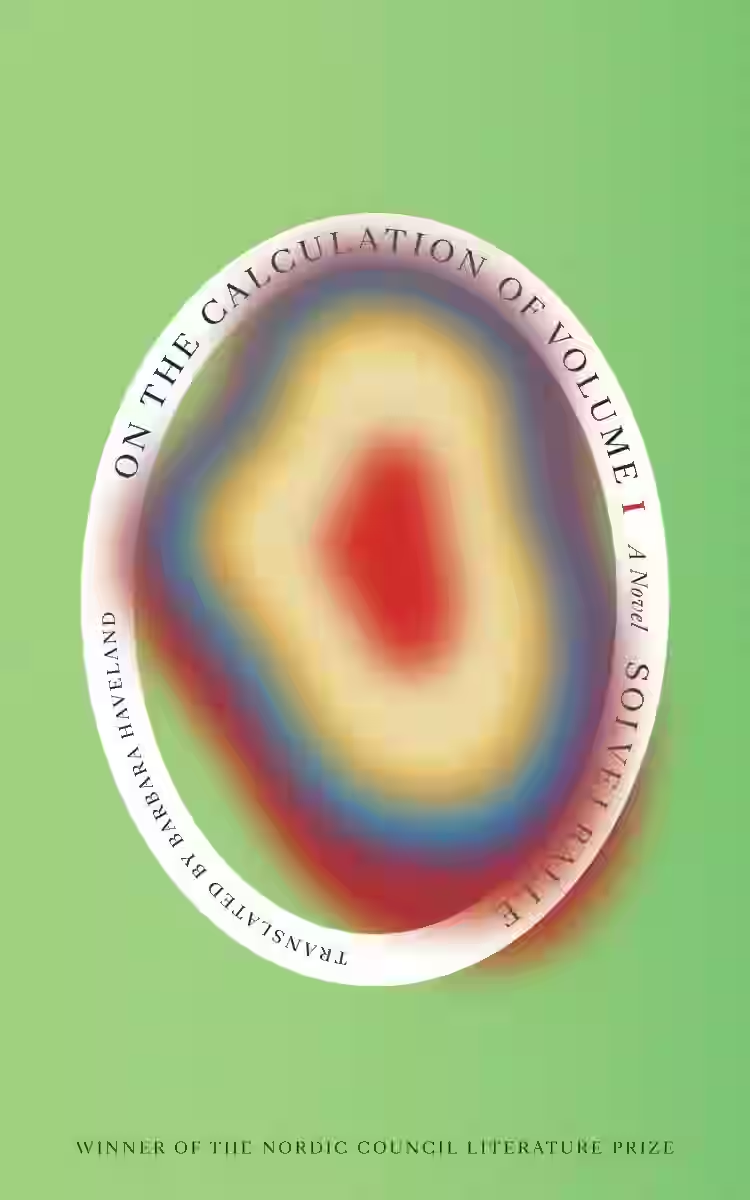
On the Calculation of Volume I
by Solvej Balle
In On the Calculation of Volume, Tara Selter is trapped in a time loop, endlessly reliving November 18th. On her 122nd repetition, she knows every moment before it happens—the blackbird’s song, the start of the rain—but remains powerless to change anything. Isolated and unable to explain her condition to her confused husband, she’s haunted by her own insignificance. Solvej Balle crafts a hypnotic meditation on time, memory, and perception. The novel’s recursive structure and subtle shifts build a tranquil, almost narcotic rhythm, heightening every detail. Immersive and poignant, this first volume casts a quiet, unshakable spell on the reader.
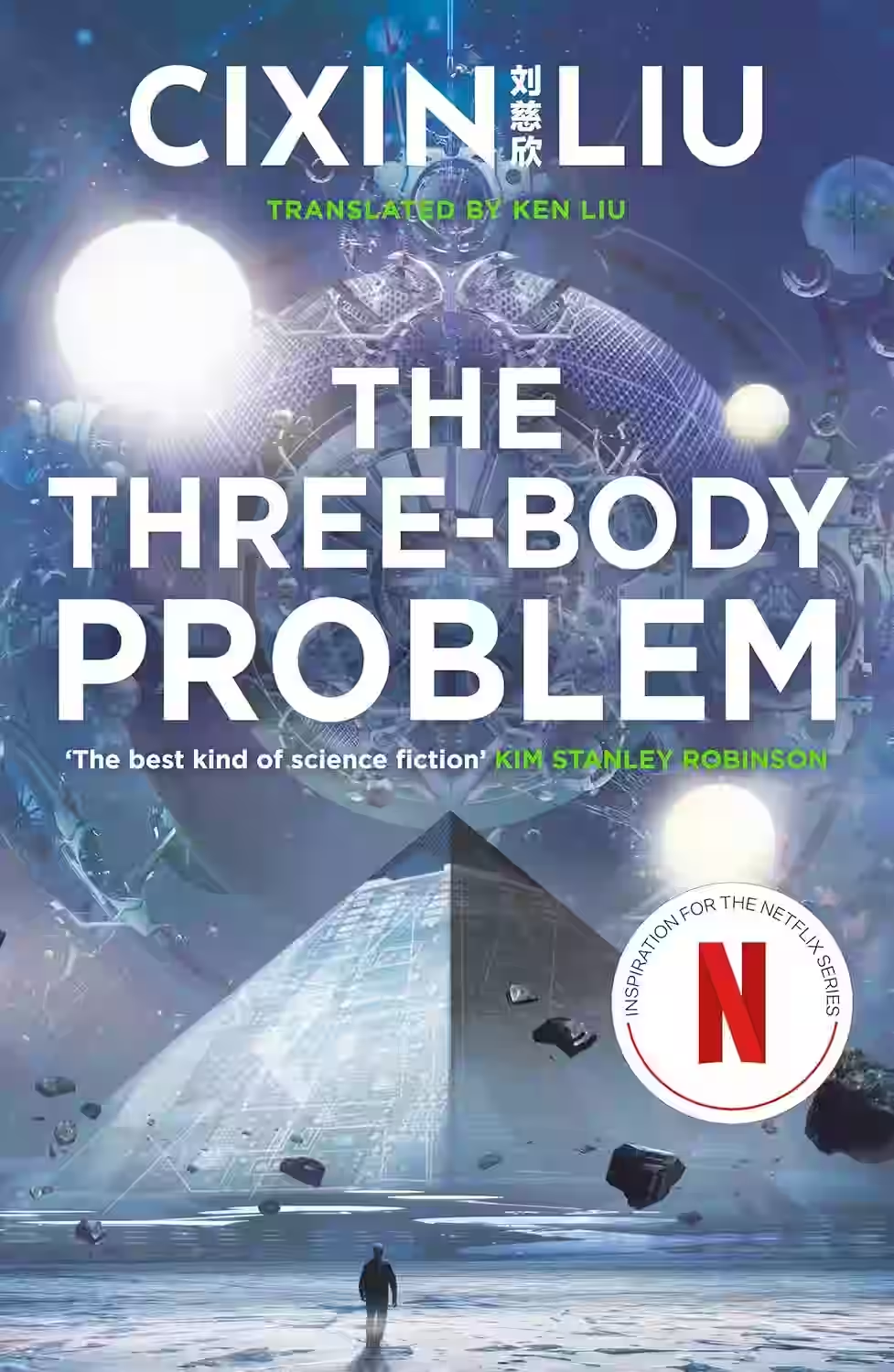
The Three-Body Problem
by Cixin Liu
Series: The Three-Body Problem (#1)
Set against the backdrop of China's Cultural Revolution, a secret military project sends signals into space to establish contact with aliens. An alien civilization on the brink of destruction captures the signal and plans to invade Earth. Meanwhile, on Earth, different camps start forming, planning to either welcome the superior beings and help them take over a world seen as corrupt, or to fight against the invasion.